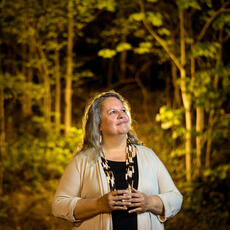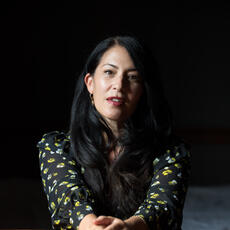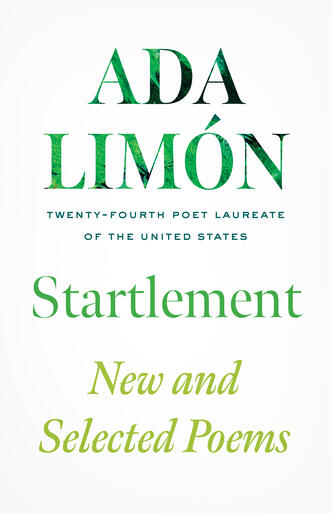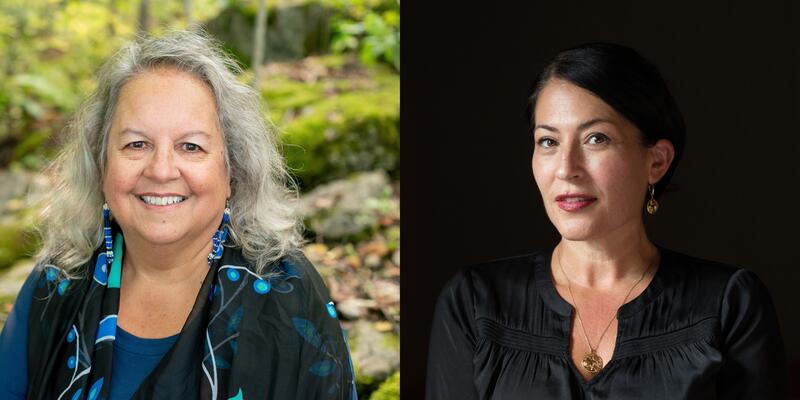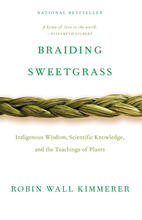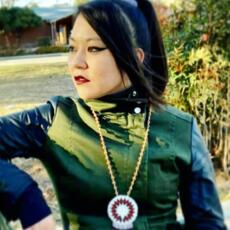On Publishing, Plants, & Poetry: Celebrating Twenty Years of Mutual Flourishing
On Thursday, October 9th, 2025, Robin Wall Kimmerer and an abundance of writers, readers, and Milkweed supporters coalesced along the historic Minneapolis riverfront for our annual Book Lovers Ball. There, they were joined by Milkweed publisher Daniel Slager for a celebration of confluences between publishing, plants, and poetry. All throughout the week, she was joined by poets Ada Limón, Heid E. Erdrich, Chris La Tray and memoirists Helen Whybrow, Nicholas Triolo, Scott Chaskey, Erin Sharkey, Angela Pelster, and Beth Dooley, as they consider what it means to publish transformative literature in an age of remembering.
Did you know that in the Potawatomi language the word for plants, mshkeke, means medicine? — Robin Wall Kimmerer
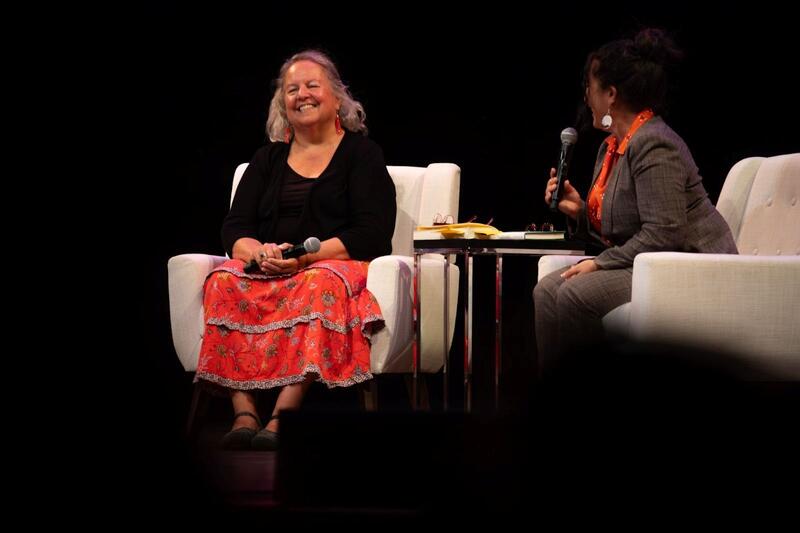
“Did you know that in Potawatomi language the word for plants, mshkeke, means medicine?” The question, posed by botanist and Braiding Sweetgrass author Robin Wall Kimmerer, settles across a ballroom of three-hundred heads bent forward in the reverent act of listening. With this singular question, she has opened a worldview in which healing is not extracted but grown, in which the language of plants is inherently also the language of care. It is a question that circles back to her arrival in Minneapolis ahead of this year’s Book Lovers Ball, where she met with Books Are Good Medicine host Odia Wood-Krueger. In a special recording for their show, they braided medicine with literature, an act that Robin infuses not only in her work, but her entire way of being.
This kinship—in literature, science, and spirit—furthered beyond the podcast microphones and into the world of Open Book, where Milkweed staff welcomed her alongside poet Ada Limón in a first meeting between the two visionary voices. Ahead of their conversation in downtown Minneapolis at The Pantages Theatre, they stole a chance between the Milkweed shelves to swap stickers, break bread among staff, and share space in kinship and community. One of these stickers, haloed in a wreath of trees, gloves, and shovels, is Robin’s newest movement centered on activism and creative resistance. “Plant, Baby, Plant,” she explains behind the moniker, “is a response to the mantra of ‘drill, baby, drill’ which exemplifies this extractive commodification of the gifts of Mother Earth. Plants know what to do about climate change, right? So how do we ally ourselves with them?”
Plants know what to do about climate change, right? So how do we ally ourselves with them? — Robin Wall Kimmerer
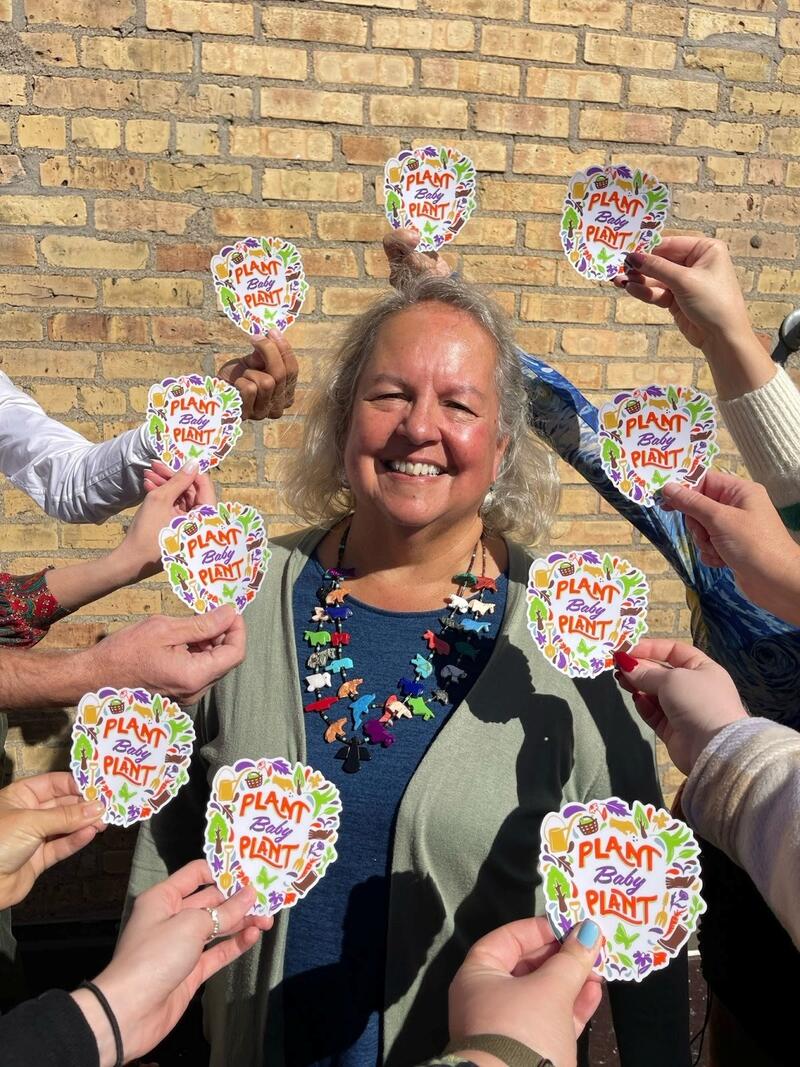
Though this discussion first takes root on the patio of Open Book, where we all fan “Plant, Baby, Plant” stickers like helicopter seeds around Robin, her movement carries into the open hall of the Pantages as she settles next to Ada Limón for a night of reading and discussion. Leading first with Braiding Sweetgrass’s “Wisgaak Gopenagen: A Black Ash Basket,” Ada follows closely behind with the leading poem of her new collection, Startlement. “[With Ada’s poem,] there is a world that we are making, one in which I never thought I’d live to see the day a white house memorandum said on national parks and public lands: ‘traditional ecological knowledge must be elevated in all federal land management.’ Plant, Baby, Plant is a part of that.” Here, Ada nods, earnest. “When I wrote the poem for the Fifth National Climate Assessment, a congressionally mandated report [on] the climate change crisis, one scientist followed me out near tears. She said ‘I know you’re going to have to write a poem for the front matter, but do me a favor—don’t make it nostalgic. There is no going back. This is that poem.”
Despite the heaviness carried between the work of these two authors, they also show the balance in heartbreak and abundance, in joy alongside suffering. When asked how they find moments of balance, Robin laughs. “Well, I’m a gardener. I have heavy buckets to carry. If I’m just carrying one, it’s harder. I’d like to think about that heartbreak, joy, scarcity and that abundance as those two buckets—they both slop against my leg when I walk—and I need them both. There is balance in having both buckets full. That is what it means to be alive.” Ada joins in, answering on what it means to pay attention, “I don’t want to miss anything. I think we all forget we should pay attention to this. This is a weird life, and we get to be alive in it. There is an ‘awakeness’ that we all need in this world.” Closing out with a reading between Ada’s “Calling Things What They Are” and Robin’s “Allegiance to Gratitude,” their shared gifts for storytelling call as a reminder for us to take joy in the small act of feeling gratitude. “This is among our gifts. We know the power of gratitude to incite a cycle of reciprocity. I think that I have arrived at that place of gratitude tonight.”
I don’t want to miss anything. I think we all forget we should pay attention to this. This is a weird life, and we get to be alive in it. There is an ‘awakeness’ that we all need in this world. -Ada Limón
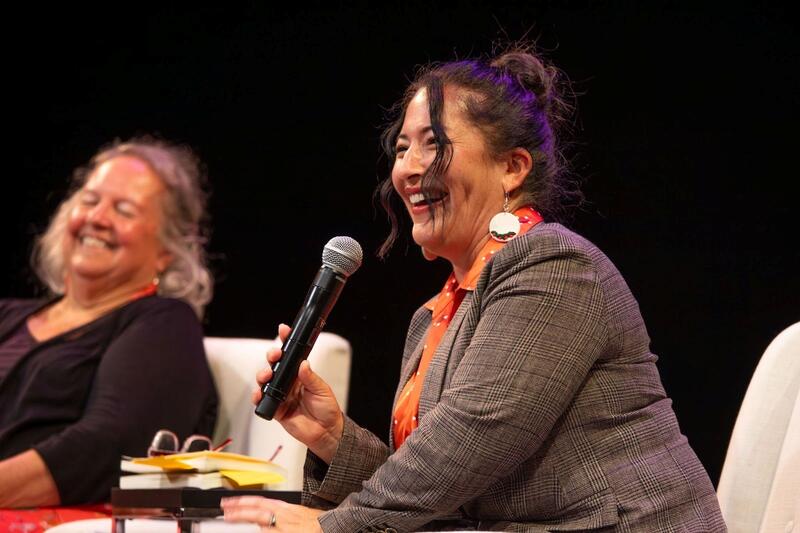
After a whirlwind twenty-four hours ushering Robin from Milkweed’s office to Birchbark Books and, quite literally, running into Becoming Little Shell author Chris La Tray, it is that sentiment of gratitude that reverberates into the next night, when Robin takes the stage for her keynote address.
“We are all part of the great green ‘we,’” she begins. “When thinking, ‘where would I send my story? Whose writing illuminates my world? Names like Gary Paul Nabahn, Alison Hawthorne Deming, and so many others came to mind—their footsteps led me to Milkweed. I wanted to sit beside them. It’s thanks to Daniel and Milkweed that Braiding Sweetgrass was brought into this world.”
I’m so proud of the rhizomatous network that Milkweed Editions has created, that has all these attributes of mutual flourishing under Daniel’s leadership and all the amazing staff at Milkweed. You are part of that rhizomatous network that helps the harvest flourish. -Robin Wall Kimmerer
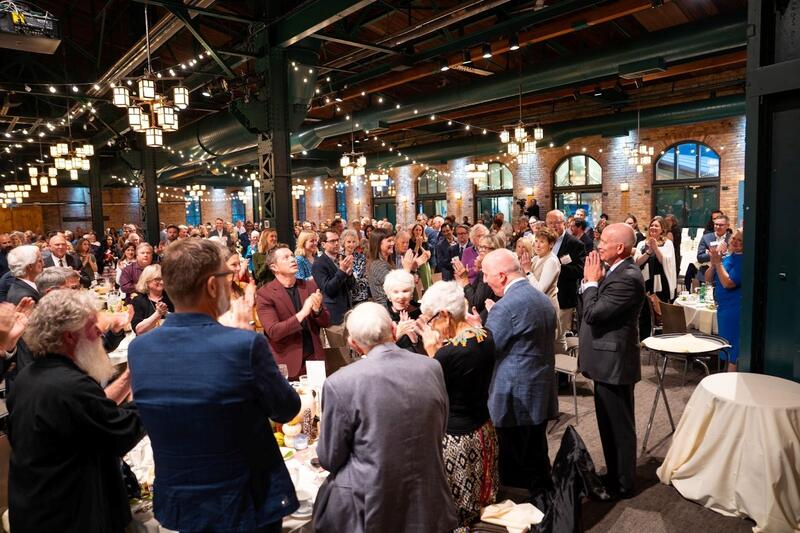
Here, she turns to Daniel Slager, who is entering his twentieth year as publisher of Milkweed Editions, to draw powerfully resonant metaphors on his commitment in publishing transformative literature. “Did you know that milkweed is edible? That the stems are a source of thread? Milkweed can create ties that bind, just as Milkweed Editions binds us together by connecting us to a legacy of writers and readers into the past. The seeds are fragile, yes, but a rhizomatous network of many milkweed stems nurture each other. They make one another more powerful. It flourishes even after giving the gift. I’m so proud of the rhizomatous network that Milkweed Editions has created, that has all these attributes of mutual flourishing under Daniel’s leadership and all the amazing staff at Milkweed. And for all of you here, you are part of that rhizomatous network that helps the harvest flourish.”
Here, she circles back to medicine and language, to poetics and ancestral knowledge. “So what does it mean to be a nature writer today? It is to be a healer. In the response to Braiding Sweetgrass, I saw that we are no longer in an age of dismembering, but an age of great re-membering, of language, ceremonies, plants, and medicines. A nature writer cultivates remembering, and the work of Milkweed supports storytellers who guide us in this time. When Milkweed says ‘we publish transformative literature,’ I absolutely see it in action. The way in which Milkweed does their work is just as transformative as the stories that are created.”
When Milkweed says ‘we publish transformative literature,’ I absolutely see it in action. The way in which Milkweed does their work is just as transformative as the stories that are created. -Robin Wall Kimmerer
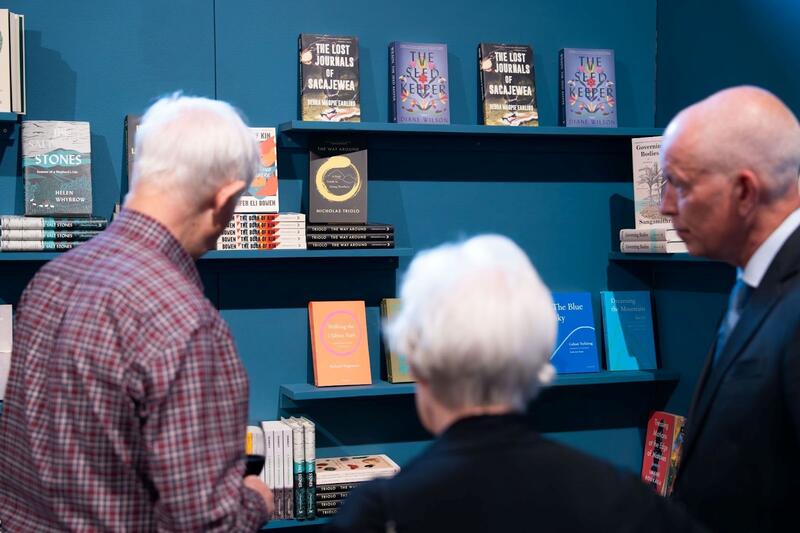
As it so often concludes in Robin’s storytelling, her teachings leave the page as theories and join her in the practice of community. She ends her visit exactly as she began it: encircled in the medicine of Indigenous women in the arts and sciences, singing us into the age of remembering. In the strike of each drumbeat and hum that lilt into lyric, their songs unfurling with sage smoke. “How does that one go again?” they ask in turn, laughing their way into memory together. “I remember, I remember, I remember,” they murmur, until it becomes an act of community, a new way of engaging in the act of mutual flourishing.
Your support and enthusiasm ensures that stories like these continue to ripple outward, creating legacies of transformation and mutual flourishing for decades to come. To support our latest authors, and to re-visit your favorite titles, please visit our bookshelves today to further the gift of abundance and inspire change one story at a time.
